[ad_1]
On this weblog submit, Spencer Virgin, a postdoctoral fellow on the College of Canterbury, New Zealand, discusses his examine “Behavioural thermoregulation and meals availability drive fine-scale seasonal habitat partitioning in limpets”, which has been shortlisted for Purposeful Ecology’s 2023 Haldane Prize for Early Profession Researchers
In regards to the Analysis
Most analysis on the impact of local weather change and excessive warmth on organism distributions focuses solely on large-scale biogeographic patterns, ignoring doubtlessly necessary small-scale variability. Within the intertidal zone of temperate rocky shores, small-scale variability in temperature usually exceeds 20°C throughout a single tide, and is additional compounded by robust seasonal modifications in temperature, which results in modifications in habitat suitability all through a 12 months. On this examine, we manipulated limpet distributions in situ to find out how rising warmth stress affected their fine-scale distributions all through a 12 months, and if this led to physiological adaptation and/or was associated to altering meals availability.
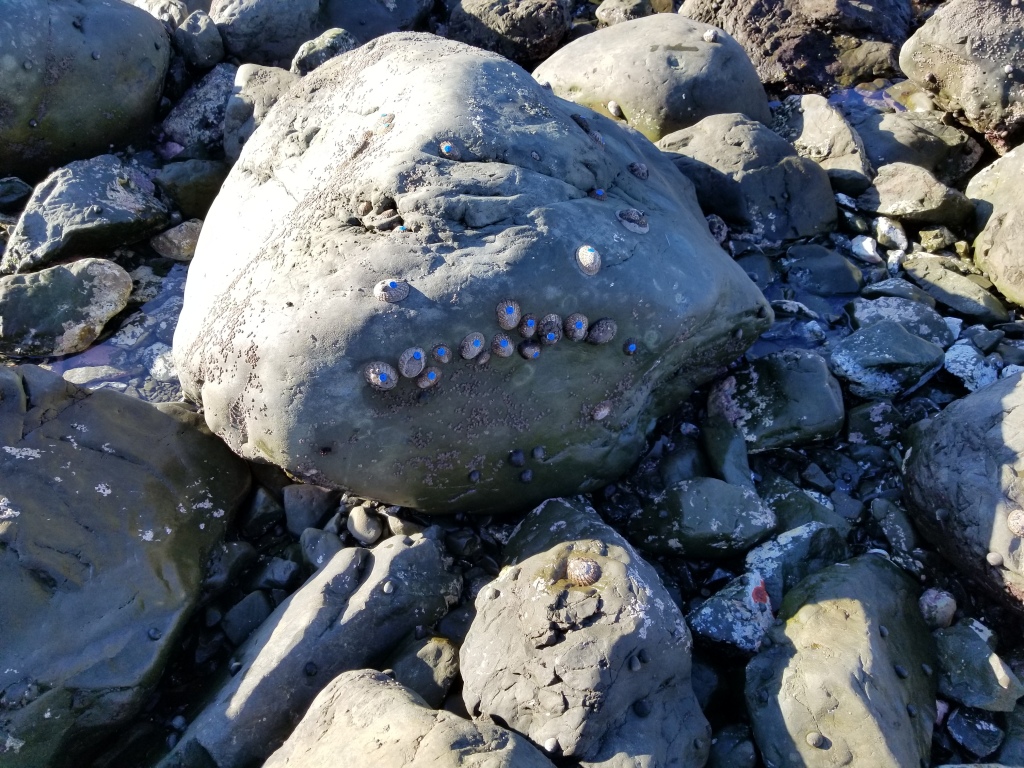
Limpets are marine invertebrates that play a key function within the construction and functioning of wholesome rocky shore ecosystems all through the world, primarily via grazing stress. In New Zealand, they often happen within the excessive intertidal zone, and are due to this fact subjected to excessive each day and seasonal fluctuations in temperature. We manipulated limpet (Cellana denticulata) distributions within the discipline by rotating massive boulders (~0.5m3) 180° to alter the route that limpets confronted, thereby altering the quantity of warmth they acquired from the solar. Rotating boulders sounds simple now that I’m writing it out (and it sounded simple after we had been designing the experiment too), but it surely led to the demise of two ratchet straps and a completely bent 1.8m metal pry-bar, to not point out a number of sore researchers!
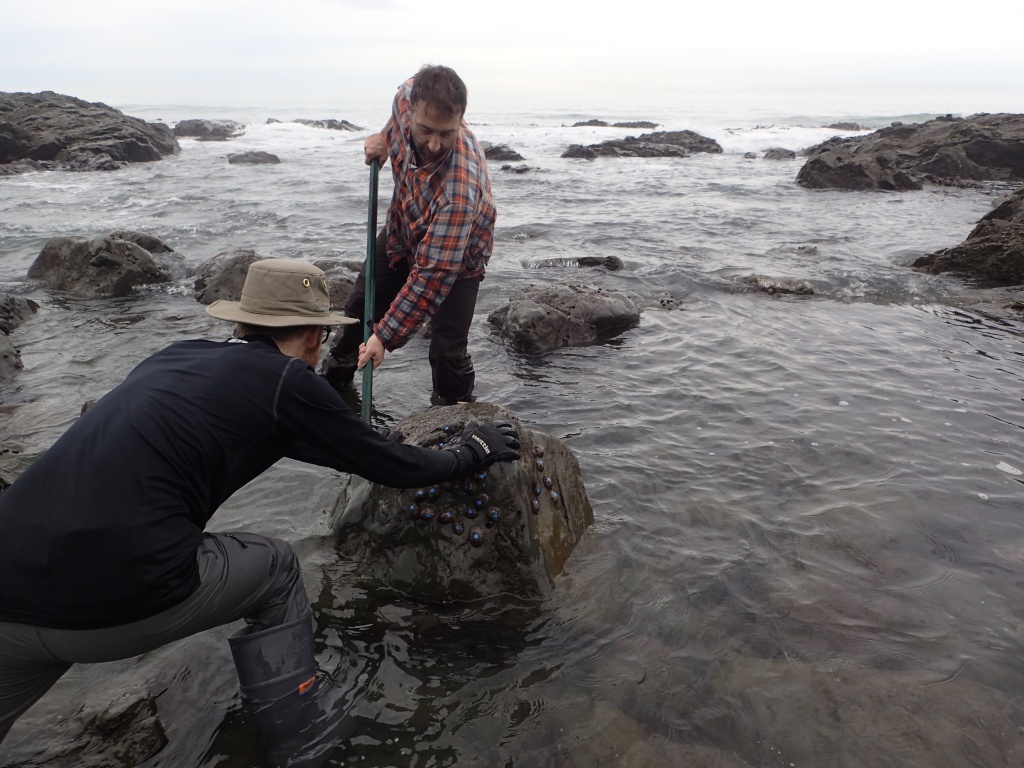
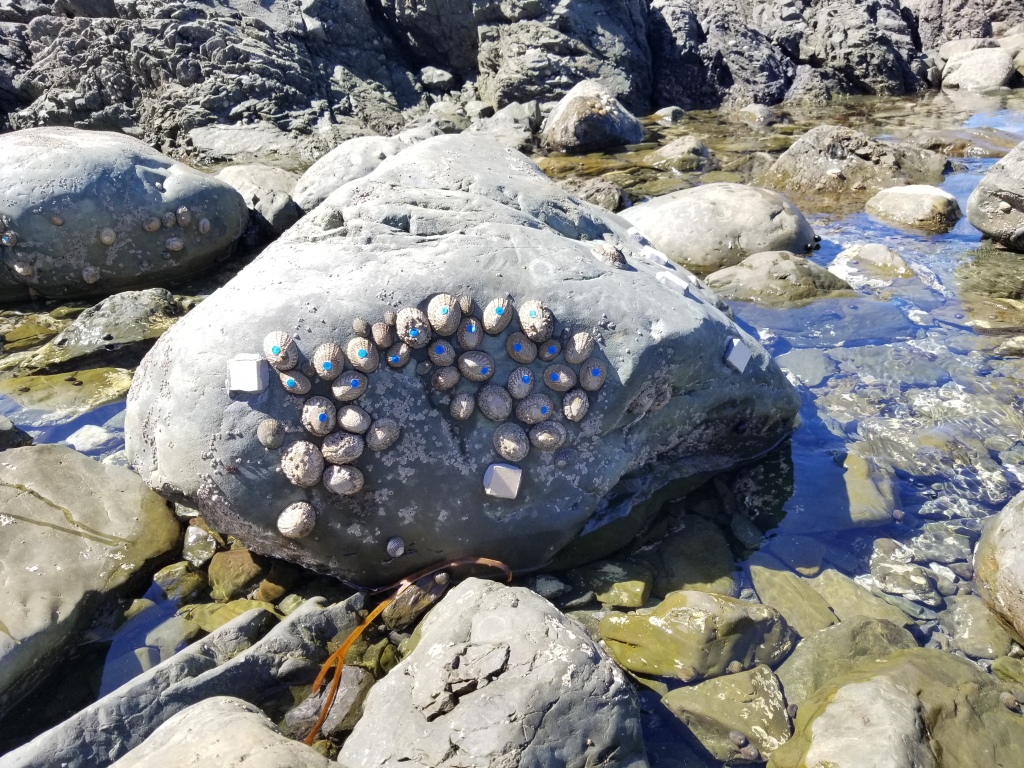
We discovered that as temperatures elevated all year long, most limpets that started off on thermally traumatic surfaces moved to cooler surfaces that acquired much less direct photo voltaic radiation. This had the additional advantage of accelerating their meals availability, as chlorophyll a concentrations had been decrease on scorching surfaces than cooler surfaces. Surprisingly, limpets that remained on scorching surfaces didn’t have larger thermal tolerances or larger warmth shock protein expression than limpets from cooler surfaces. This was regardless of clear variations in acute and repeated warmth stress based mostly on in situ coronary heart fee measurements all through subsequent low tides. New Zealand’s limpets in all probability at all times keep excessive defences in opposition to thermal stress, which is a crucial ability whenever you dwell in a extremely variable and unpredictable thermal surroundings. Extra broadly, this analysis exhibits that small-scale variation in temperature can result in vital variations within the distribution of a species. It might due to this fact be necessary to include such small-scale variation into predictive fashions of organism distributions, particularly for organisms that dwell in heterogenous environments, to extra precisely predict how their distributions could shift in response to local weather change.
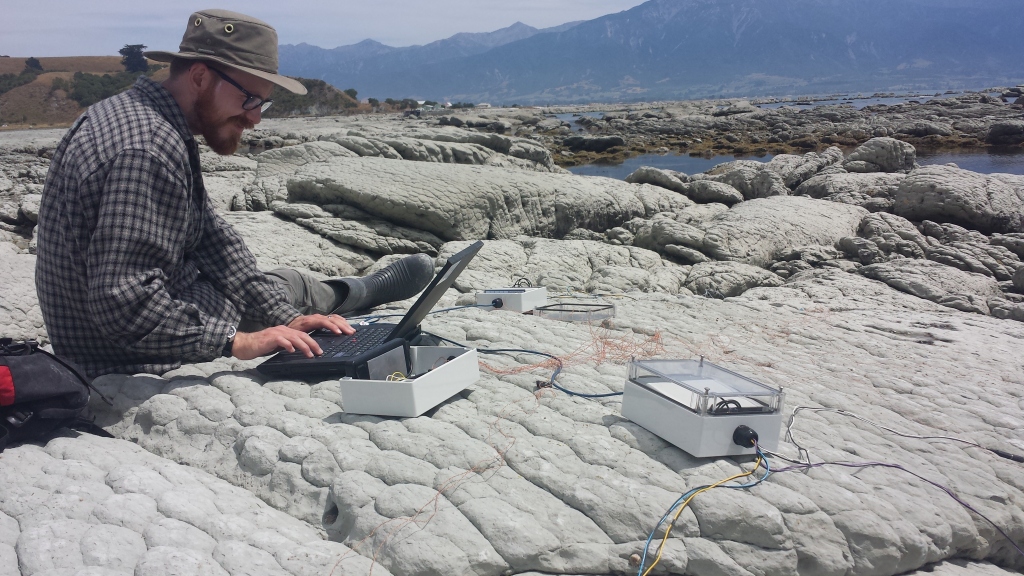
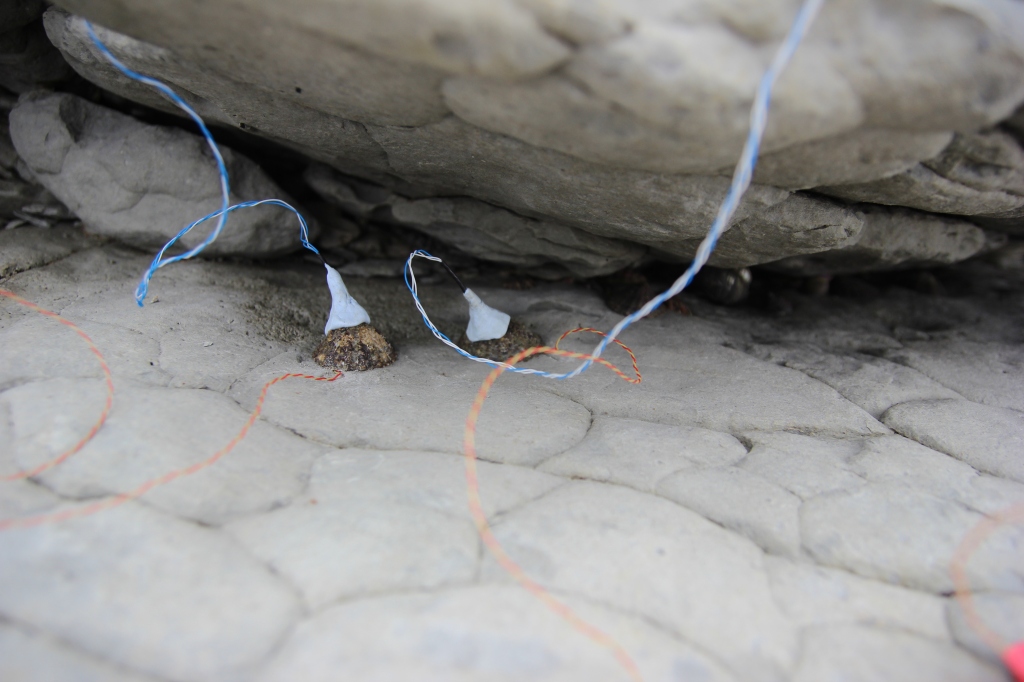
In regards to the Writer
I grew up in a comparatively small industrial city not removed from Toronto, Canada, and spent most summers visiting cottages in Northern Ontario or going tenting with my household. That is the place I actually developed a eager curiosity in nature and determined, from a really younger age, that I might be a ‘biologist’ (solely as a result of I didn’t know what an ecologist was but!). As soon as I completed my undergrad on the College of New Brunswick, I made a decision that I wished to deal with coastal ecology and took up a masters engaged on inhabitants demography of ribbed mussels (Geukensia demissa). After this I had a job serving to restore salt marshes in Maritime Canada earlier than actually transferring internationally with my spouse and canine to Aotearoa New Zealand to finish a PhD in marine ecology on the College of Canterbury, the place I’m at the moment a postdoctoral fellow.
My present analysis focuses on increasing on the limpet work I did throughout my PhD, primarily by taking a look at large-scale variability in physiological responses to warmth stress. I’m additionally growing research to have a look at the consequences of nearshore sediment air pollution and warmth stress on coastal invertebrates. In my spare time I wish to go freediving/spearfishing, spend innumerable hours poking round our vegetable backyard, and enjoying with our canine.
My recommendation for somebody on this discipline is… Attempt to not drop your electronics in salt water, don’t overlook to put on sunblock, and be careful for camouflaged seals!

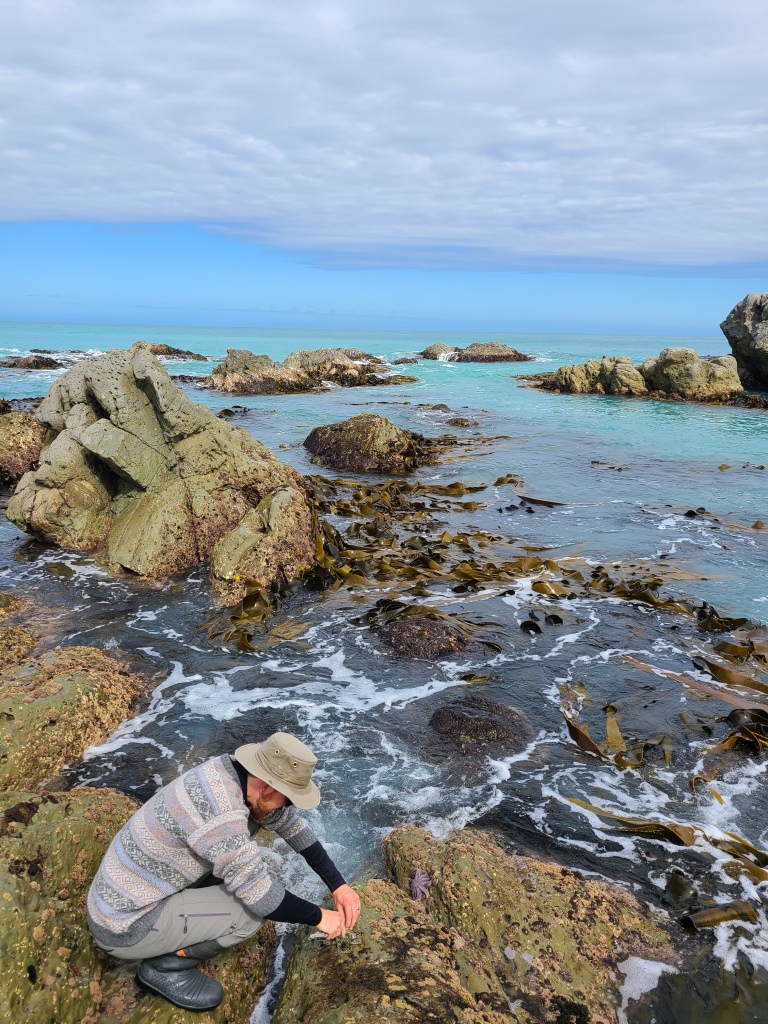
[ad_2]
Source link



